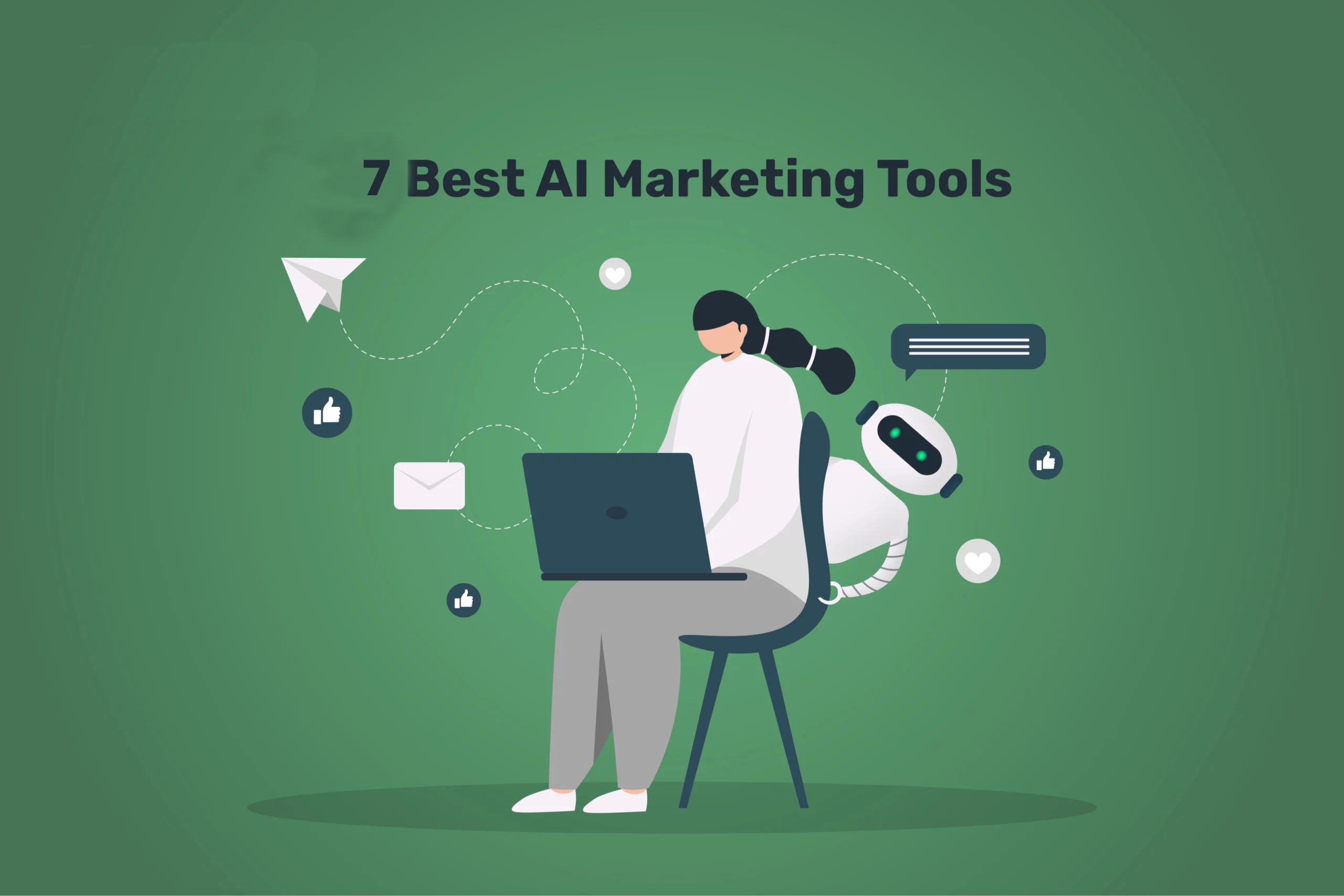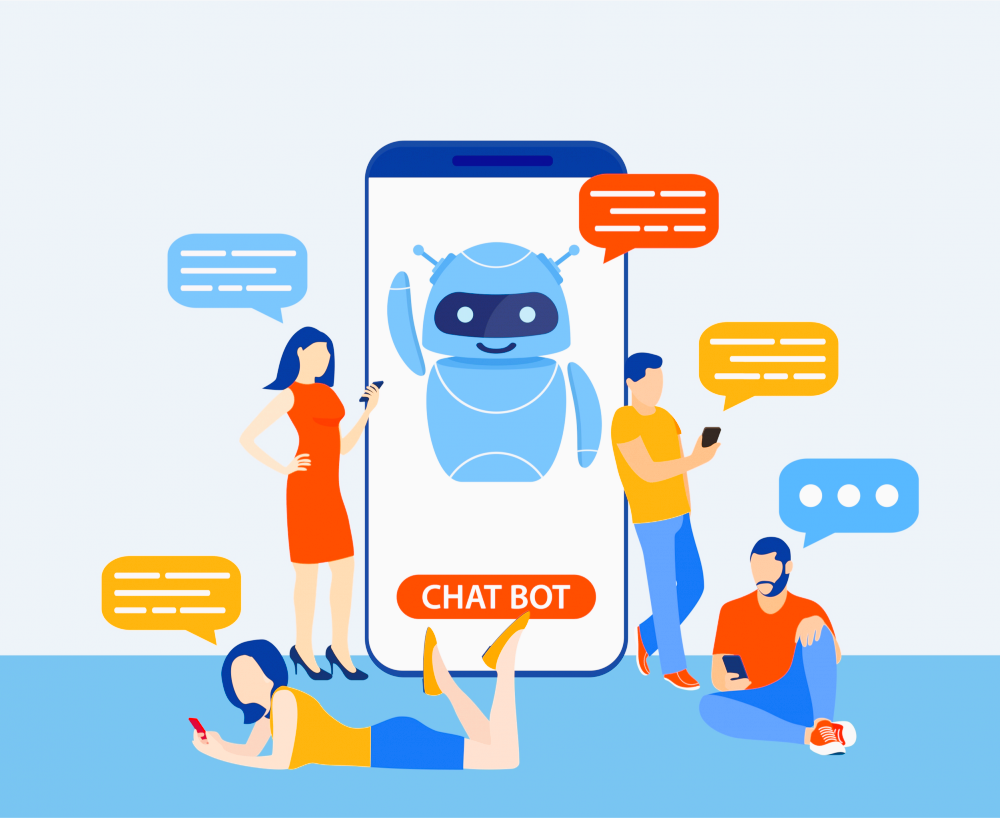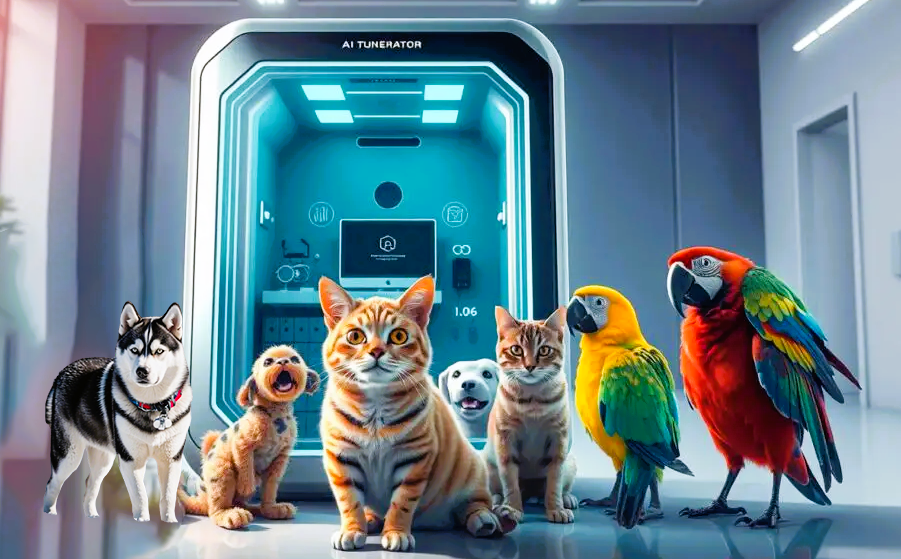Artificial Intelligence (AI) chatbots are computer programs designed to interact with humans by simulating natural conversations. They use AI techniques like machine learning and natural language processing (NLP) to understand and respond to text or voice inputs. These chatbots are revolutionizing how businesses and individuals communicate by offering fast, automated responses without human intervention.
AI chatbots have become essential in today’s fast-paced world, providing efficient solutions to customer service, sales, and healthcare queries. In this article, we’ll look at what artificial intelligence chatbots are, their benefits, and some of the most popular chatbot platforms available today.
What is an AI Chatbot?
AI chatbots are powered by machine learning algorithms that enable them to simulate human conversation. They analyze user inputs, interpret their meaning using NLP, and generate appropriate responses. More advanced chatbots can learn from interactions, becoming more efficient and accurate.
There are generally two types of chatbots: rule-based and AI-driven. Rule-based chatbots respond based on predefined rules or keywords, while AI-driven chatbots use machine learning to understand the context and improve their responses dynamically.
Benefits of the Artificial Intelligence Chatbots
One critical advantage of AI chatbots is their 24/7 availability. This means that users can access support or information at any time of the day, ensuring that no query goes unanswered. Chatbots can handle it all without needing a break, whether it’s a simple inquiry or a complex request.
Another significant benefit is their quick response times. AI chatbots can provide instant responses to users, eliminating long wait times that are typical with human support. This leads to better customer satisfaction and smoother user experiences.
AI chatbots are also highly cost-effective for businesses. Instead of hiring large teams of customer service representatives, companies can implement a chatbot system that can handle the same amount of queries, if not more, at a fraction of the cost.
1. ChatGPT
ChatGPT, developed by OpenAI, is one of the most advanced chatbots. It uses AI techniques to generate human-like text based on input prompts. ChatGPT can hold meaningful conversations, answer questions, and develop content like articles or summaries. It’s widely used for customer support, content creation, and virtual assistance.
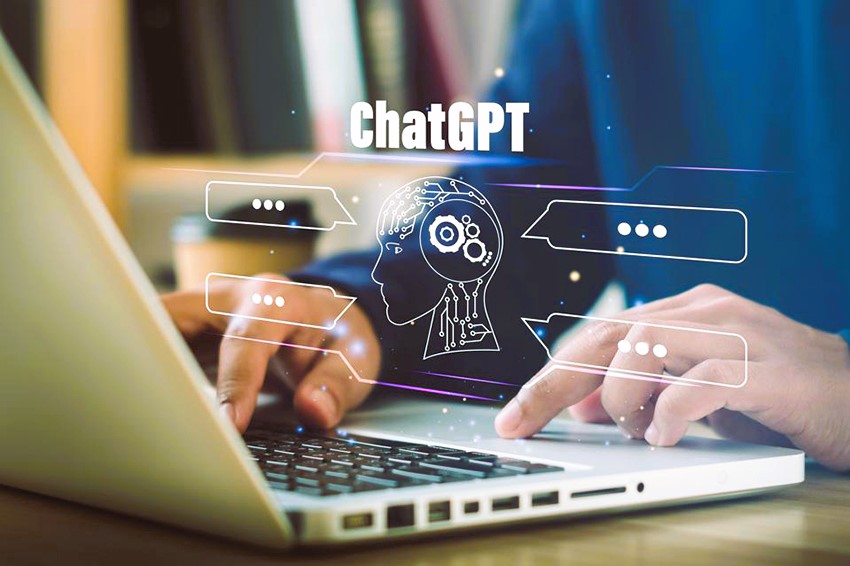
One of its key strengths is the ability to generate context-aware responses, meaning it can maintain the flow of a conversation without sounding repetitive or out of place. ChatGPT has a wide range of applications, whether for personal assistance or business solutions.
2. Microsoft Bot Framework
The Microsoft Bot Framework is a comprehensive platform allowing developers to create and integrate chatbots into various applications. It offers powerful tools for building bots with simple and complex conversational capabilities. What sets the Microsoft Bot Framework apart is its deep integration with Microsoft’s ecosystem, making it ideal for businesses that rely on Microsoft products like Teams, Azure, and Office 365.
It supports multi-channel deployments, meaning businesses can deploy their bots across various platforms such as websites, messaging apps, and social media.
3. Google Dialogflow
Google Dialogflow is a popular AI platform for building conversational interfaces, particularly for customer service applications. It provides developers with tools to design highly sophisticated chatbots that understand text and voice inputs. Dialogflow integrates seamlessly with Google’s other cloud services, allowing businesses to build scalable chatbots that handle complex queries.
With natural language understanding at its core, Google Dialogflow is particularly useful for creating chatbots that need to handle detailed, context-sensitive conversations. This makes it a favorite for businesses looking for highly customized chatbot solutions.
4. IBM Watson Assistant
IBM Watson Assistant is another powerful AI chatbot platform known for accurately understanding user input and providing relevant responses. One of its strengths is integrating with various third-party systems, allowing businesses to create highly customized chatbot solutions tailored to their needs.
Watson Assistant is used in industries like healthcare, finance, and customer service, where accurate, fast responses are critical. It can handle complex queries and provide actionable information, making it an excellent choice for businesses that need high reliability.
5. Amazon Lex
Amazon Lex is the AI behind Amazon’s voice assistant, Alexa, and is available as a service for developers to build their conversational applications. It supports both voice and text interactions, making it highly versatile. Amazon Lex integrates with other AWS services, allowing powerful data processing and analytics capabilities.
This chatbot platform is handy for businesses that want to implement voice-activated assistants in customer service or internal operations. It’s scalable, meaning it can easily handle everything from small applications to large, complex systems.
6. Rasa
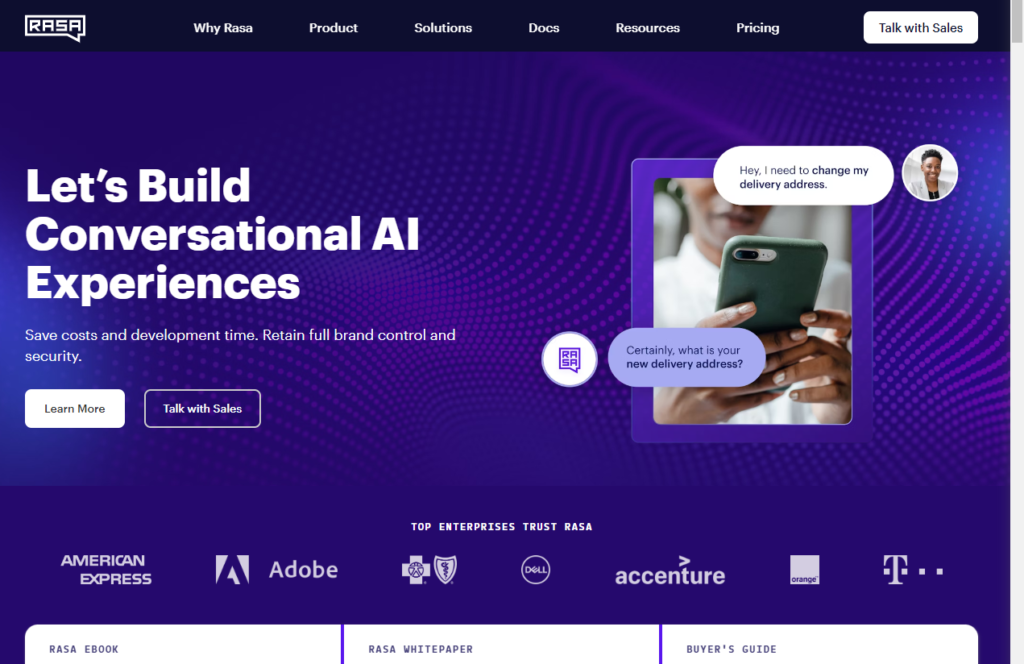
Rasa is an open-source AI chatbot framework that gives developers complete control over their chatbot’s functionality and behavior. Unlike other chatbot platforms, which are more plug-and-play, Rasa allows businesses to build highly specialized chatbots tailored to specific needs. It provides flexibility and customization, making it a popular choice for companies that require bespoke chatbot solutions.
Rasa’s ability to work offline and its privacy-focused design are significant advantages, especially for healthcare and finance industries where data security is a top priority.
Conclusion
AI chatbots are changing the way businesses and individuals communicate. We’ve looked at six popular chatbot platforms ChatGPT, Microsoft Bot Framework, Google Dialogflow, IBM Watson Assistant, Amazon Lex, and Rasa each offering unique capabilities for different use cases.
As AI continues to evolve, the future of chatbots looks promising. They will become more sophisticated, allowing businesses to offer more personalized and efficient customer service experiences. Now is the time to explore AI chatbots and utilize their potential to revolutionize our interactions with technology.



